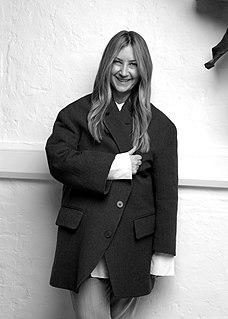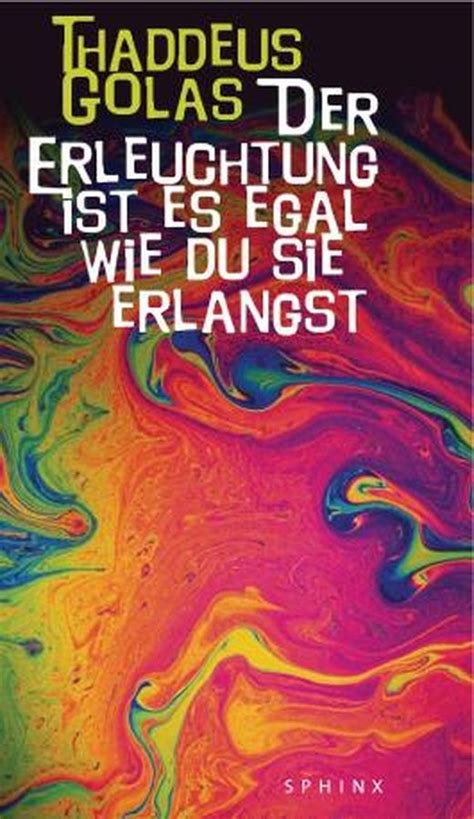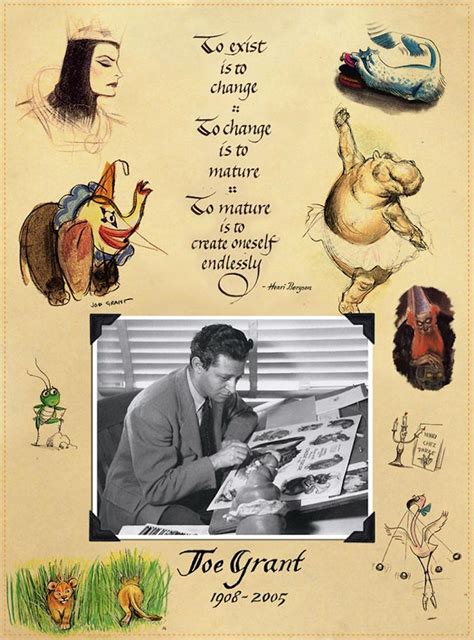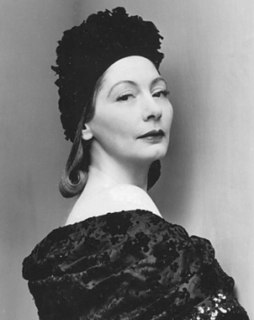A Quote by Anya Hindmarch
Often fear is the same emotion as excitement. It means you are breaking ground.
Related Quotes
The most often repeated commandment in the Bible is 'Do not fear.' It's in there over two hundred times. That means a couple of things, if you think about it. It means we are going to be afraid, and it means we shouldn't let fear boss us around. Before I realized we were supposed to fight fear, I thought of fear as a subtle suggestion in our subconscious designed to keep us safe, or more important, keep us from getting humiliated. And I guess it serves that purpose. But fear isn't only a guide to keep us safe; it's also a manipulative emotion that can trick us into living a boring life.
Anything that really frightens you may contain a clue to enlightenment. It may indicate to you how deeply you are attached to structure, whether mental, physical, or social. Attachment and resistance are appearances with the same root: when you resist by pulling away your awareness, the emotion is one of fear, and the contraction is experienced as a pull like magnetism or gravity; that is, attachment. That is why we often fear to open our minds to more exalted spiritual beings. We think fear is a signal to withdraw, when in fact it is a sign we are already withdrawing too much.
Think excitement, talk excitement, act out excitement, and you are bound to become an excited person. Life will take on a new nest, deeper interest and greater meaning. You can think, talk and act yourself into dullness or into monotony or into unhappiness. By the same process you can build up inspiration, excitement and surging depth of joy.









































